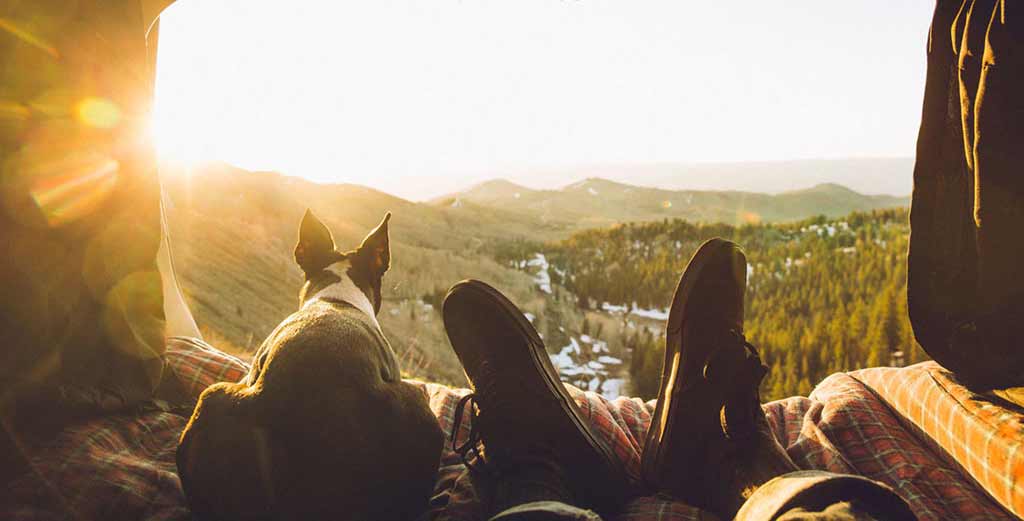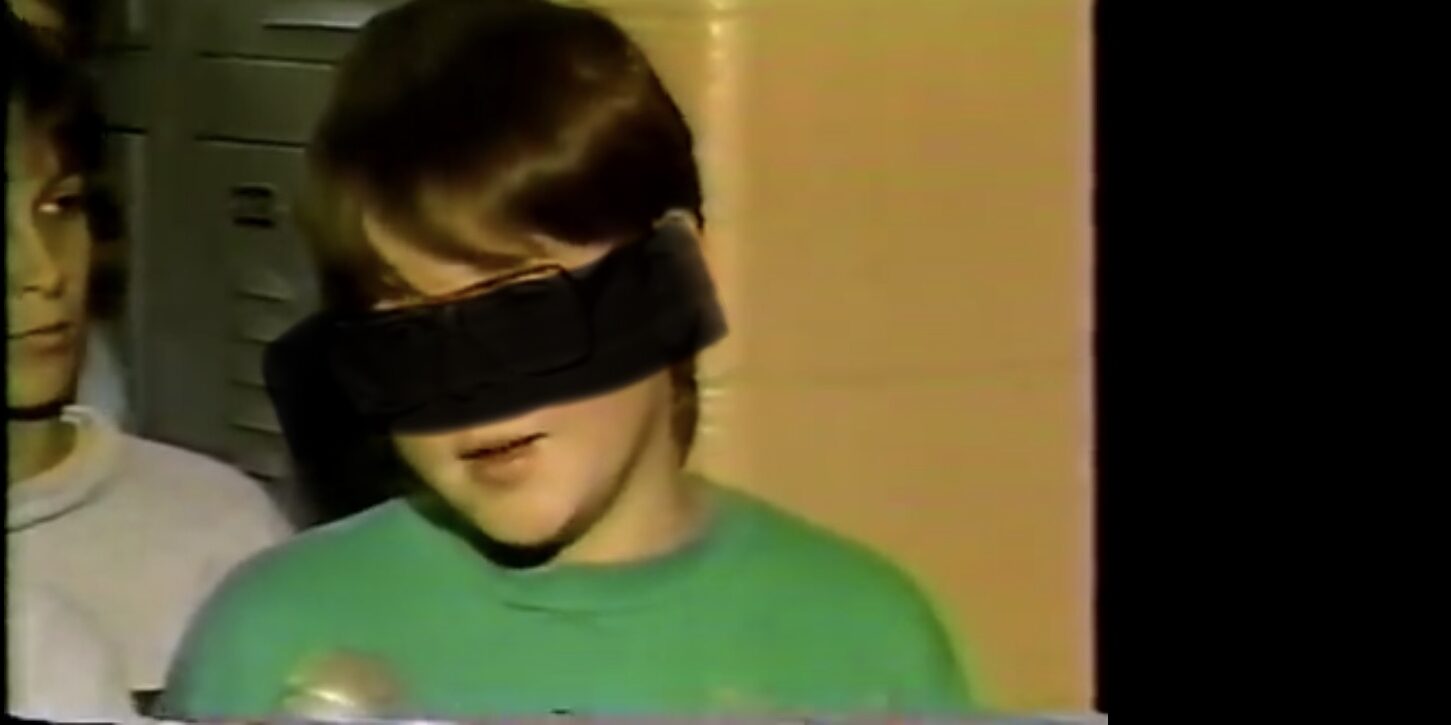My friend found old news footage of a fire in our 7th-grade classroom. The teacher, one of my favorites, was trying to take chlorophyll out of a leaf. Alcohol got on the hot plate and, BOOM, big explosion.
In the newscast, after some panning shots of the charred classroom, the reporter interviewed one of my best friends.
And there I was, mulleted, in a non-descript, grey sweatshirt, standing off to the side.
What struck me was how tired I looked.
I wasn’t vying for attention or making funny faces at the camera. I was staring off into the distance, black circles under my eyes.
Perhaps I was just in shock, but I did the math — I was twelve, and twelve was hard.
My parents had gotten divorced a couple of years prior; my brother had just moved out of the house (and out of my school) to live with my dad. My mom had either just started (or was about to start) working nights at the hospital. It was either just before or just after my first kiss (and first breakup).
I was on the last hours of my good behavior.
It was the following year, in 8th grade where I started questioning everything. Not in an intellectual way, but because the earth had become the sky, and the sky had become the earth, like a big tornado had spun up and blurred everything together.
I nonchalantly earned myself a collection of detentions and suspensions for silly things like jumping up and touching the ceiling, stepping out of line, and not squealing on my friends.
The times when I had a girlfriend, it’s highly likely she was telling me I was emotionally unavailable. I remember those conversations well.
And she was right. I was.
My dad saw it too. I had turned down the flame until it was just a blue glow. It’s not like I didn’t laugh or smile, but I never let anything out that was important. At first, I had to fight back the tears, and then one day, they just weren’t there anymore.
I’d perfected my pathology, went into hibernation, and allowed all those emotions to fall back down inside.
I listened to dark things. I wrote about dark things. I sat quietly a lot, hidden by the aloofness that’s expected of teenagers. I lived in a quietness that shouldn’t have been there, nestled into the eye of the storm, wrapped safely in dangerous winds.
And the people who loved me — mom, dad, brother, counselor, teacher, friend, girlfriend — they tried their best to toss love through the winds into the hollow in which I hid. And though I tossed very little back at them, the love they sent, it made it through because pure love always makes it through; it’s one of the most comforting truths we have.
I can’t be mad at the tornado. It protected me and my flame. It gave me time. Time to collect all that love. Time to collect all that sorrow. It was an exhausting process. It was hard.
But somehow, that formula of intense love and intense suffering with just enough heat, left alone for so long, produced an elixir that I still have today. And I have so much of it I can pass it along to others.
In fact, that’s how it works. That’s what it does: it makes you want to pass it along.
It makes you want to reach through the howling winds into the hollow where someone is curled up with only their suffering.
It’s not important that they see you out there in the wind, or that they remember you when their fire starts to build again.
All that matters is what you leave behind.

